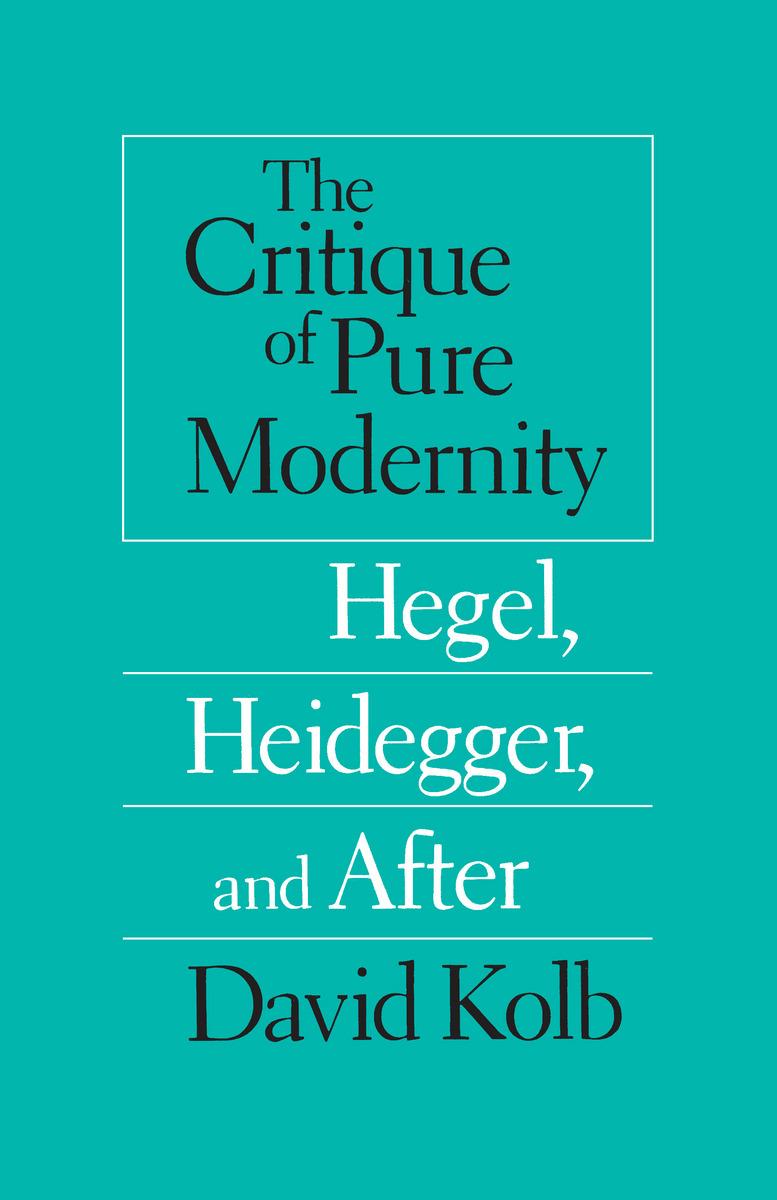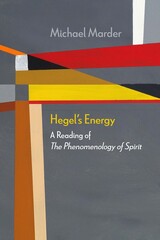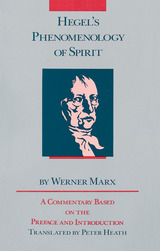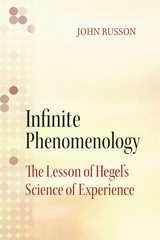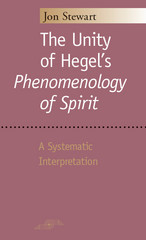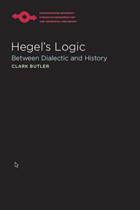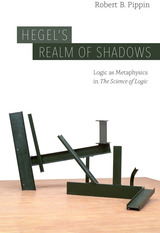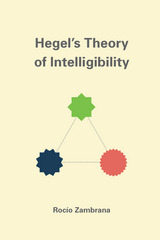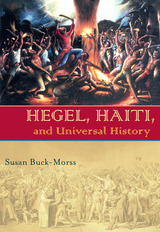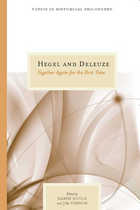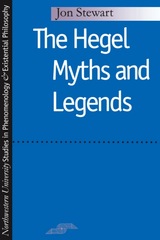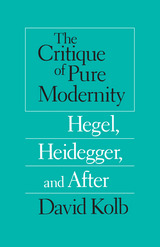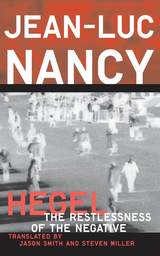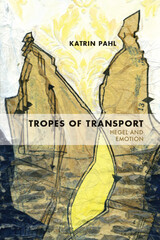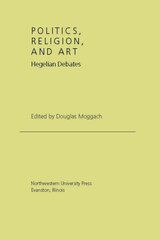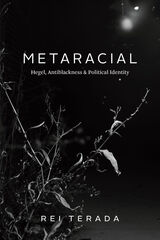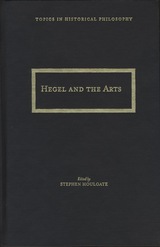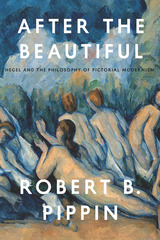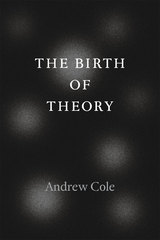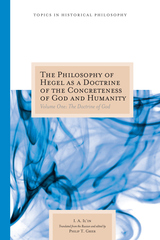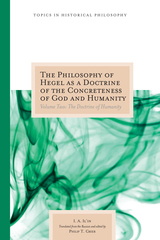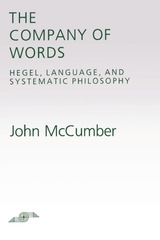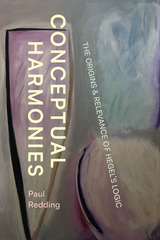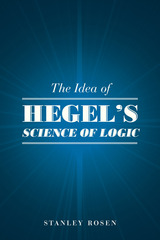The Critique of Pure Modernity: Hegel, Heidegger, and After
University of Chicago Press, 1986
Paper: 978-0-226-45029-2 | Cloth: 978-0-226-45031-5
Library of Congress Classification B2948.K598 1986
Dewey Decimal Classification 190
Paper: 978-0-226-45029-2 | Cloth: 978-0-226-45031-5
Library of Congress Classification B2948.K598 1986
Dewey Decimal Classification 190
ABOUT THIS BOOK | AUTHOR BIOGRAPHY | TOC | REQUEST ACCESSIBLE FILE
ABOUT THIS BOOK
"Modernity" is a troubling concept, not only for scholars but for the general public, for it seems to represent a choice between oppressive traditions and empty, rootless freedom. Seeking a broader understanding of modernity, Kolb first considers the views of Weber and then discusses in detail the pivotal writings of Hegel and Heidegger. He uses the novel strategy of presenting Heidegger's critique of Hegel and then suggesting the critique of Heidegger that Hegel might have made.
Kolb offers his own views, proposing the possibility of a meaningful life that is free but still rooted in shared contexts. He concludes with comments on "postmodernity" as discussed by Lyotard and others, arguing persuasively against the presupposition of a unified Modern or Postmodern Age.
Kolb offers his own views, proposing the possibility of a meaningful life that is free but still rooted in shared contexts. He concludes with comments on "postmodernity" as discussed by Lyotard and others, arguing persuasively against the presupposition of a unified Modern or Postmodern Age.
See other books on: 1770-1831 | After | Civilization, Modern | Hegel, Georg Wilhelm Friedrich | Heidegger, Martin
See other titles from University of Chicago Press
